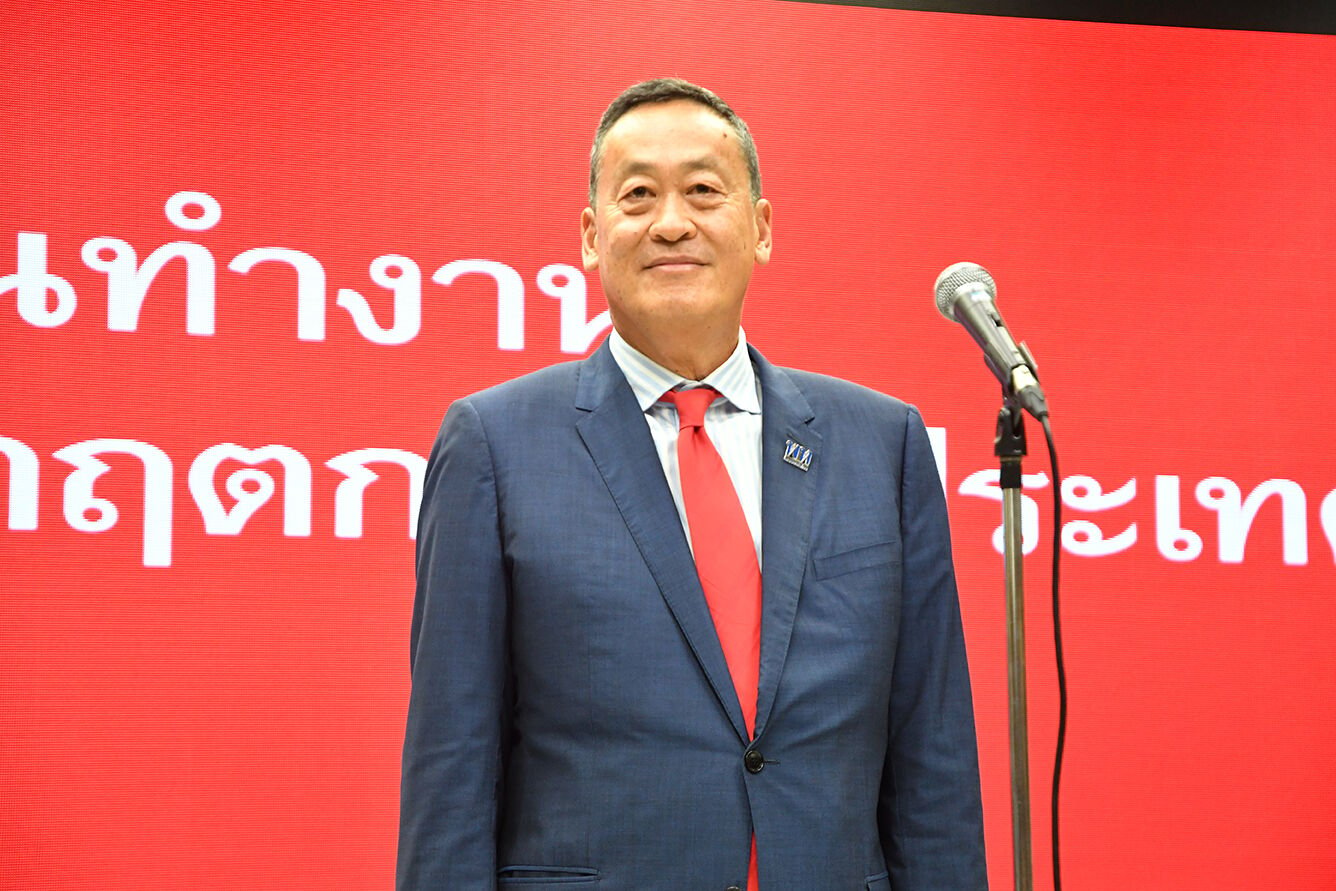Pheu Thai tries to regain public confidence after unfulfilled promises

Pheu Thai faces significant challenges as it struggles to regain public confidence amid unfulfilled economic promises. Just a year ago, many Thais were optimistic that Pheu Thai’s return to power would alleviate the nation’s economic difficulties by boosting consumer purchasing power, reducing household debt, and reversing slowing economic growth.
Pheu Thai’s election campaign emphasised economic policies, promising to achieve an average annual economic growth of 5%, stimulate the economy with a 500-billion-baht package through a 10,000-baht digital wallet scheme, reduce the cost of living, and raise the minimum wage to 600 baht per day within four years.
With Srettha Thavisin as Prime Minister and Minister of Finance, the government began its term in September 2023, aiming to address these economic issues. However, ten months in, there remains a lack of clarity and progress on these fronts.
The Bangkok-born PM’s early focus on domestic and international visits meant economic matters received less attention initially. In response, he reshuffled the Cabinet, appointing Pichai Chunhavajira as Deputy Prime Minister and Minister of Finance to oversee fiscal policies and form an economic Cabinet.
Despite these changes, the government’s economic performance in its first year has arguably been subpar. Economic indicators reveal that the government has missed its targets, with the Gross Domestic Product (GDP) growing by only 1.5% in the first quarter, the lowest in ASEAN. Various economic agencies have revised their GDP forecasts for Thailand this year to an average of 2.4 to 2.5%.
A significant factor in the low economic growth was the slowdown in government spending due to delays in the 2024 budget approval, which only took effect in May. The digital wallet scheme also caused delays, facing financial and legal challenges and requiring extensive backend preparations.
Yet to materialise
The government attempted to push budget allocations to local areas, approving 80 integration projects worth 11.7 billion baht during Cabinet meetings outside Bangkok. However, efforts to attract foreign investment have yielded unclear results. While the 62 year old Thai PM met with global business leaders in the US, Europe, and Japan, concrete investments have yet to materialise.
Although investment promotion requests have increased, actual foreign direct investment (FDI) figures remain low. Large companies announcing investments in Thailand are primarily from China’s electric vehicle (EV) industry. Major technology firms like Microsoft have announced plans to invest but have not disclosed specific amounts.
The government’s failure to address economic problems has impacted the popularity ratings of both PM Srettha and Pheu Thai. According to a NIDA Poll released on June 9, public satisfaction with the government’s performance is low, with 34.35% somewhat dissatisfied and 31.69% not satisfied at all.
A follow-up poll on June 30 showed declining support for the prime minister and Pheu Thai. When asked who they would support for the Prime Minister of Thailand, 45.50% chose Pita Limjaroenrat from the Move Forward Party (MFP), while Srettha received only 12.85%, and Pheu Thai’s Paetongtarn Shinawatra garnered 4.85%.
In response, Pheu Thai has focused on proactive public relations. The Thai PM launched the Talk with Srettha programme on national television, explaining his foreign trips. However, the government’s achievements remain limited, especially in addressing economic issues, as economic indicators continue to decline.
The current sentiment towards the current government is not positive. Moving forward, it remains to be seen how the administration will adjust its strategy to accelerate economic progress and restore political ratings, aiming to boost Pheu Thai’s popularity to match that of the leading MFP, which garnered the most votes in last year’s General Election, reported The Nation.
Latest Thailand News
Follow The Thaiger on Google News:


























